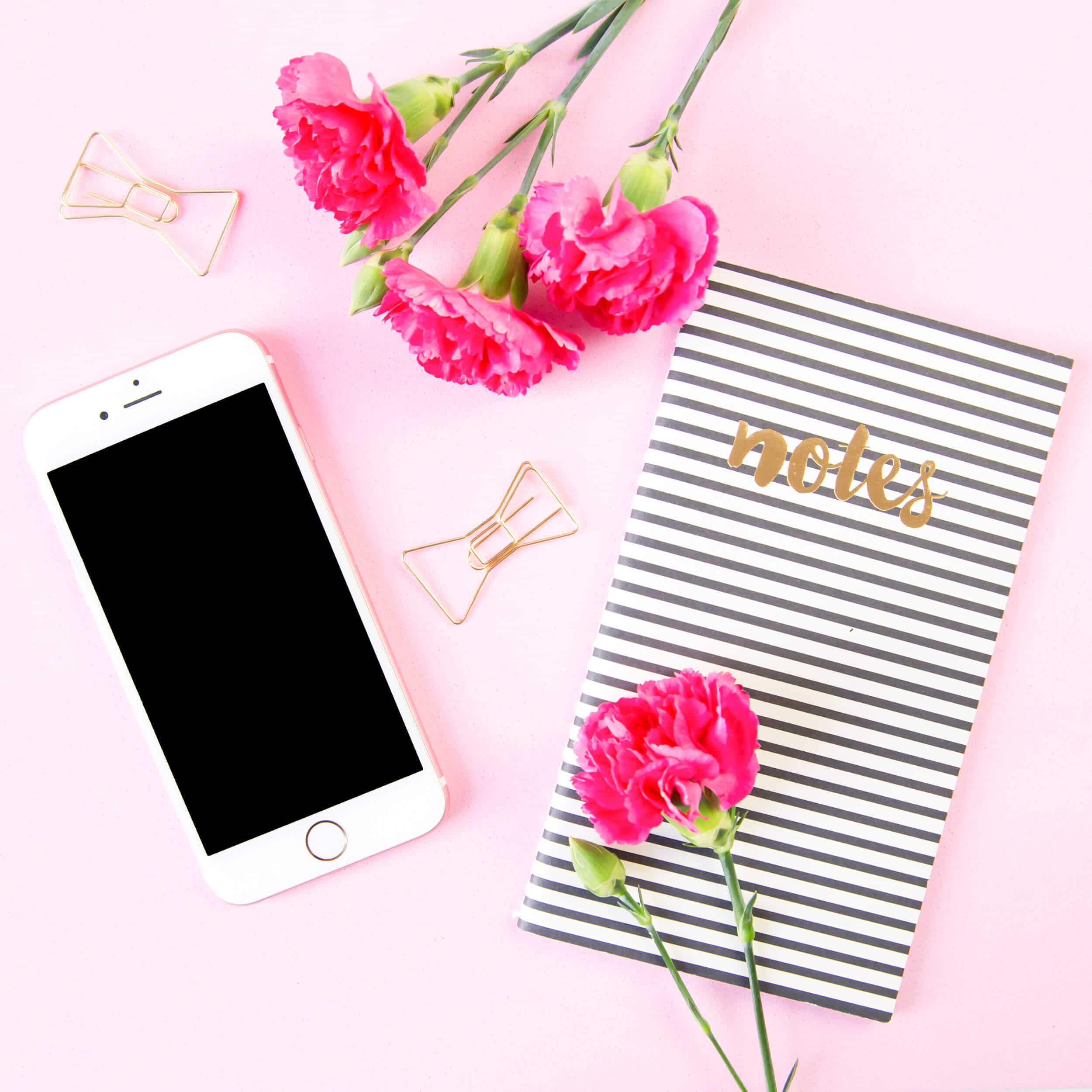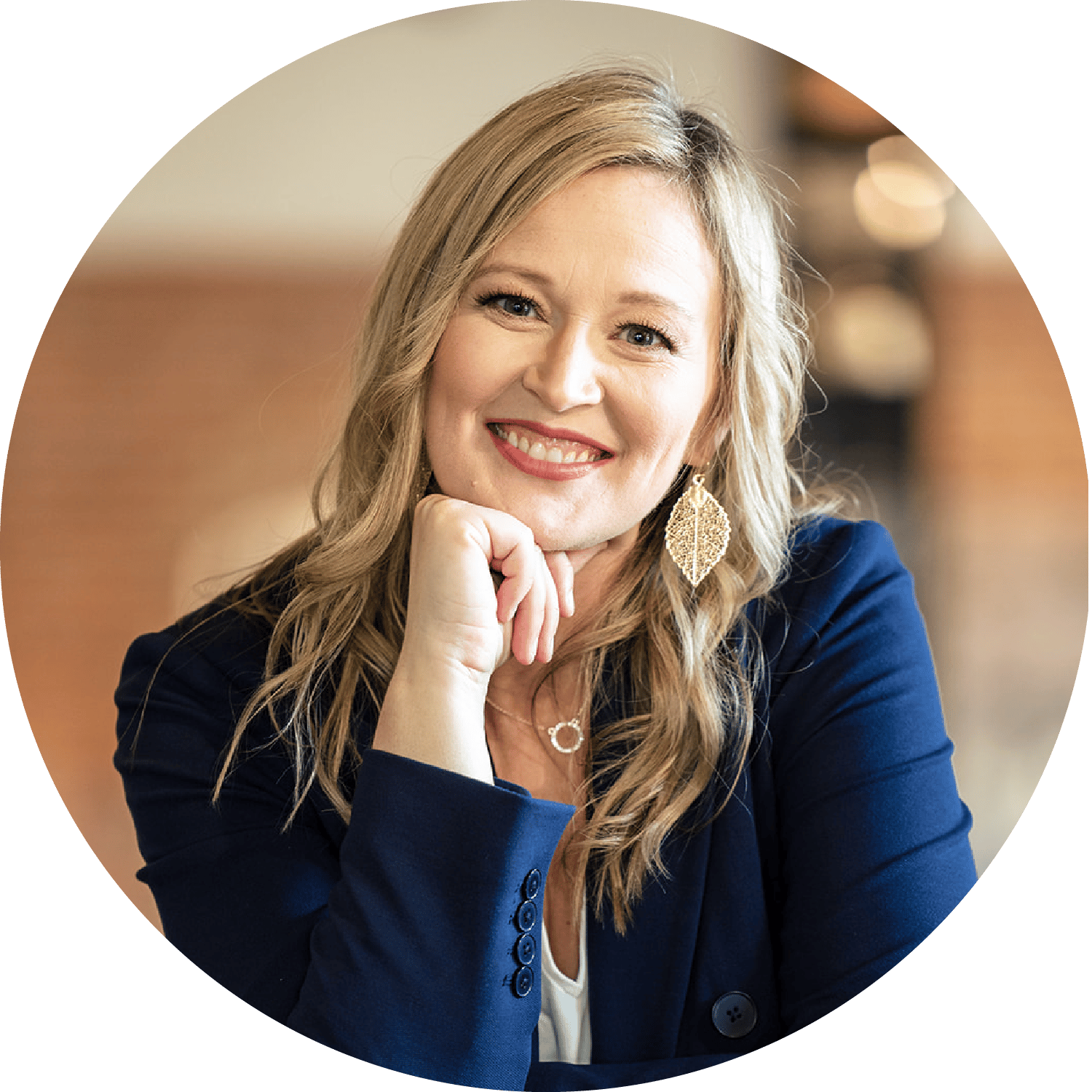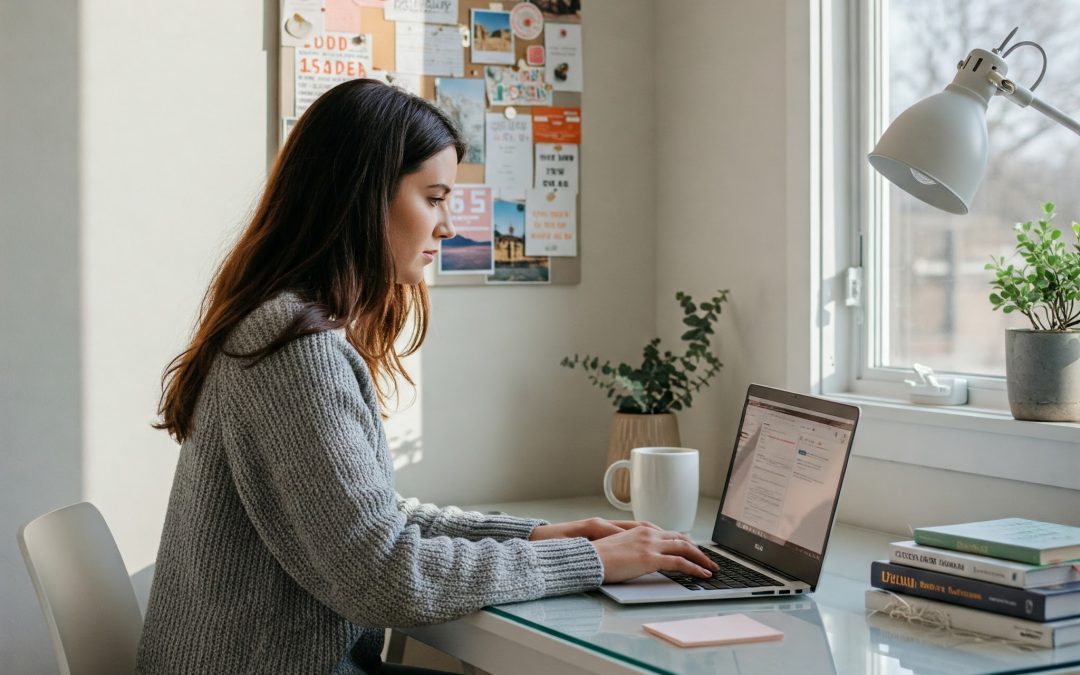Sitting in a cubicle or talking on the phone all day isn’t for everyone. Some job seekers want a more creative outlet in the work they do every day. Want to use all those creative ideas that are buzzing around in your head to make some money?
Here are three creative careers you might want to explore!
Make-Up Artist
A creative career that gives you the chance to constantly meet new people, earn great money and even travel with work; does being a make-up artist sound like the perfect career for you? The Safe Beauty Association describes working as a make-up artist as “Varied and exciting but also hard work, challenging, erratic and very, very competitive.” You need to be knowledgeable about many aspects of the surrounding sector; the association points out that the job is not just about make-up, as you need to know about style and hair since you could find yourself going for a job where high definition and 3D filming is used.
How to begin?
Generally, make-up artists begin by taking a course in make-up or beauty therapy. Courses include:
-
BTEC Level 3 Diploma in Production Arts (Make-up)
-
Foundation degrees, BTEC HNCs/HNDs and degrees in Media Make-up
-
City and Guild Diploma in Hair and Media Make-up at Levels 2 and 3
-
VTCT Level 3 Diploma in Hair and Make-up at levels 2 and 3, and Level 3 Diploma in Theatrical, Special Effects and Media Make-up
-
ITEC Level 3 Diploma in Fashion and Specialised Make-up
Once you have the qualifications, it’s a matter of building up experience. Make-up artist Ruby Hammer, part of the duo behind cosmetics range Ruby and Millie, told Cosmopolitan magazine that her career began when she landed a post as an assistant to an established make-up artist, before working her way up the ladder a year later. She referred to it as a challenging and exciting job, but highlighted other aspects to consider. Ms Hammer said:
“[Being a make-up artist] isn’t glamorous all the time – the hours can be long and irregular and you’re away from home a lot. You have to be professional at all times, be able to get on with lots of different people and build relationships in a short amount of time, which can be hard. You’re only as good as your last job, so it’s not that secure.”
The skills you’ll need
-
Creativity
-
Attention to detail
-
Stamina
-
People skills
-
Patience
Fashion Photographer
So you think you’re good at photography? As a first step, you may want to consider posting some of your work on a site like Photo Critique, where peers can comment on your images. The next step is to create an impressive portfolio.
Fashion and beauty photographer Eva Mueller points out that if finance is an issue, you can use websites to showcase your collections, keeping down retouching and printing expenditure by editing on the computer. Do bear in mind that if you are given a meeting, most industry professionals will still have to see a physical book of your work before they take you on.
When showing off your work, Allure magazine photo editor Clio McNicholl recommends that you show a collection of pictures that tell a story, and give a sense of the photographer’s personality.
How to begin?
Many fashion photographers begin their careers by becoming an assistant to an established photographer. This will create networking opportunities as well as provide invaluable experience.
The skills you’ll need to be a fashion photographer:
-
Composure
-
Operate effectively under pressure.
-
Understand each client’s brand image
-
Work well within a team
-
Be innovative and artistic
-
Interest in, and knowledge of, the latest fashion trends as well as the history of fashion and fashion photography
Designer
Do you love interior design and can you see yourself helping customers identify what they want from a revamped bedroom or kitchen? Or do you want to grace the runways of London and Paris with your fashion creations? If so, a career as a designer might be right for you.
How to begin?
You could take an Art and Design BA course which will usually include studio-based work, the opportunity to discuss your own and others’ work with tutors and peers, and the chance to attend talks by professionals in the field, a guide by the Telegraph explained.
The skills you’ll need
Web developers and designers’ information site Six Revisions suggests these personal attributes needed to be a designer:
-
Artistic vision
-
Passion for creating things
-
Excellent focus
-
Excellent communication skills
-
Good response to criticism
-
Originality and plenty of ideas
-
Good organization
-
Drive
-
Willingness to learn




